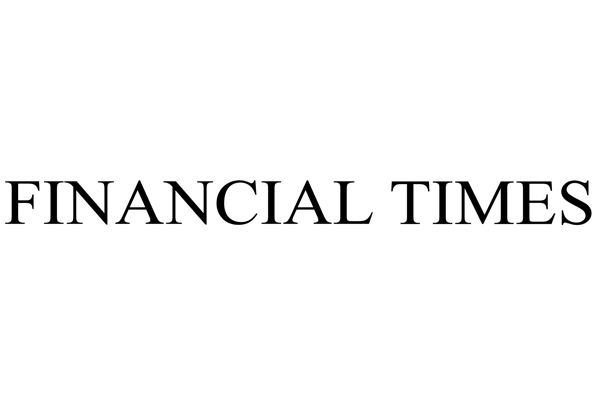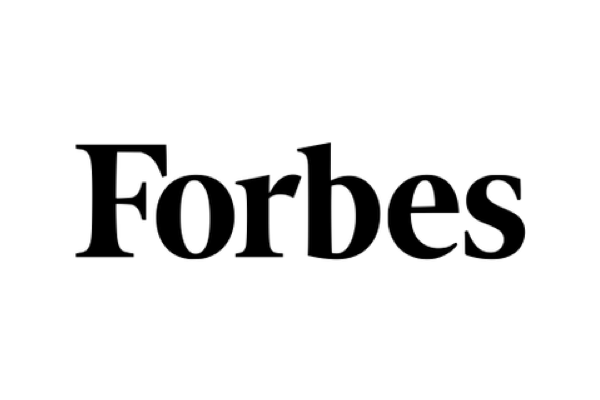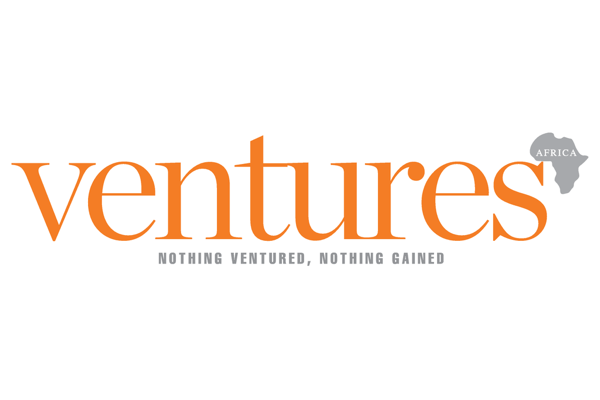South Africa boasts one of the most robust media industries in Africa, encompassing state-owned broadcasting stations, private media groups, and widely read daily and weekly publications. Although traditional media remains a key news source for South Africans, online news platforms are reaching an increasing number of people.
Like in other regions, South Africa is experiencing a growth in online media consumption and social media usage. In January 2024, South Africa had 45.34 million internet users. The country’s internet penetration rate stands at 58% of the 60 million population, with a substantial digital divide between rural and urban areas.
Unfortunately, the media industry in South Africa appears to be contracting, as evidenced by the closure of legacy publications such as the 125-year-old Pretoria News and the nearly 80-year-old Weekend Post. Media24 also closed its print operation, and the weekly online media outlet Daily Maverick experienced a 24-hour shutdown.
Media Trends
While TV remains dominant, digital news and radio are not far behind. Social media platforms like Facebook (with 22.15 million users), Twitter, TikTok, and Instagram are popular in the country. The ease of access and personalization of digital content have enabled audio providers like Spotify to gain traction and traditional publications to migrate online.
The widespread use of digital media and social media in South Africa means that reaching audiences through digital channels, social media, and influencer marketing has become increasingly important.
Major Media Players
Some of the country’s biggest media businesses include MultiChoice (owner of pay-TV DSTV), Media24 (publisher of the widely read online newspaper News24), Primedia (owner of 947, 702, Kfm 94.5, and CapeTalk), and the award-winning independent news brand Eyewitness News. Other notable players include Showmax (video-on-demand), Kagiso Media, and newspaper titles like The Star (Johannesburg’s oldest newspaper), Mail and Guardian (a weekly), Financial Mail (a business weekly), News24, and Sunday Times (a subscription-only Sunday newspaper).
In the television space, the state broadcaster SABC operates three national TV networks and two pay-TV channels. Free-to-air e.tv and pay-TV M-Net are also present. The SABC operates radio stations like SAfm, 5FM, Radio Sonder Grense, Ukhozi FM, and others, while the pan-African news and content syndication service African News Agency maintains a vibrant presence.
User-generated content and Misinformation
The rise of user-generated content has contributed to a news ecosystem overflowing with information and misinformation. Media companies, PR companies, and their clients must find ways to cut through the noise and gain consumer trust, especially as influencers become increasingly influential information sources.
As more people rely on social media for news, they become vulnerable to misinformation and fake news, posing a challenge for media companies. User-generated content can also harm a company’s reputation through unfair reviews, fake news, and misinformation. Trust is hard-won and easily lost in the media landscape, as consumers seek personalized content that often confirms their biases.
Image©:Dwayne Senior/Bloomberg





